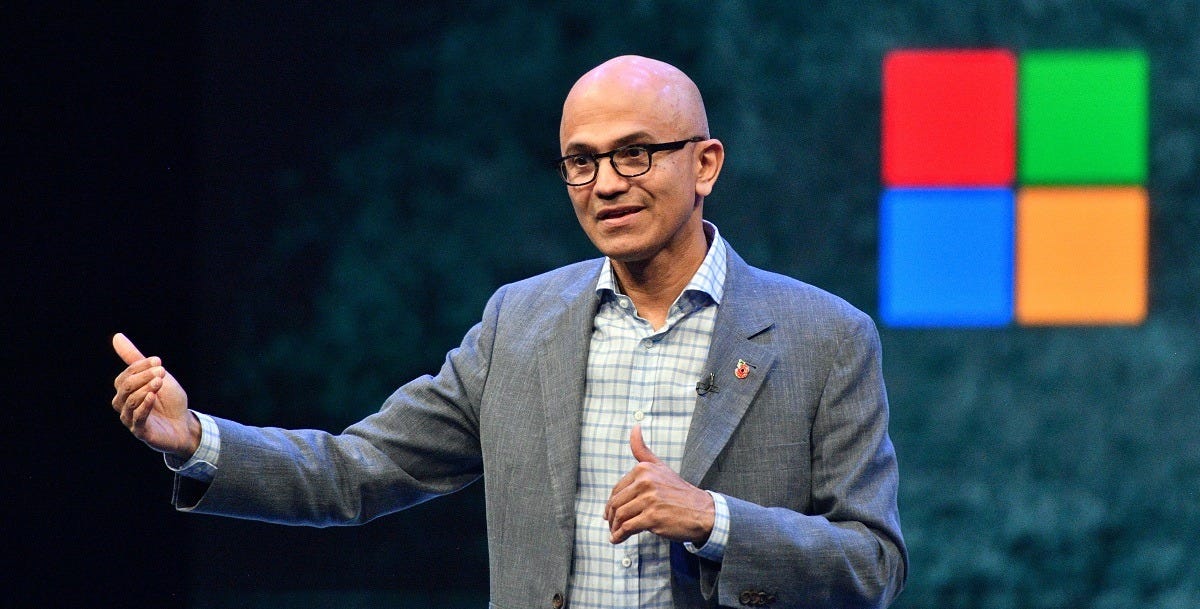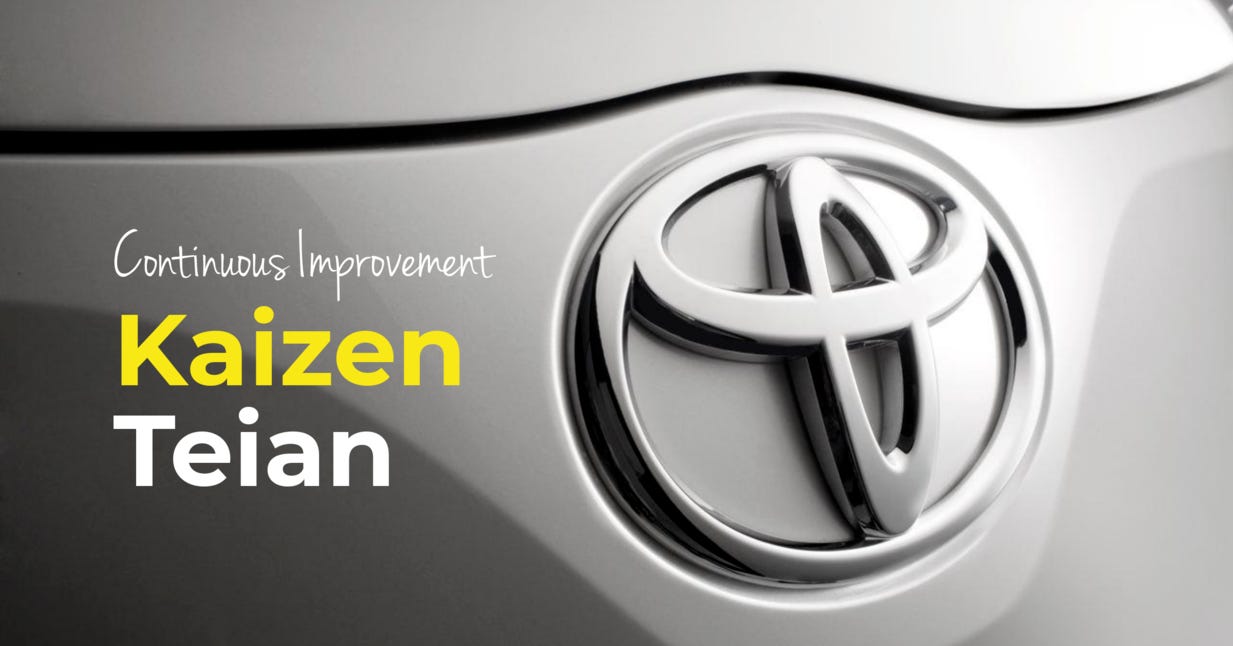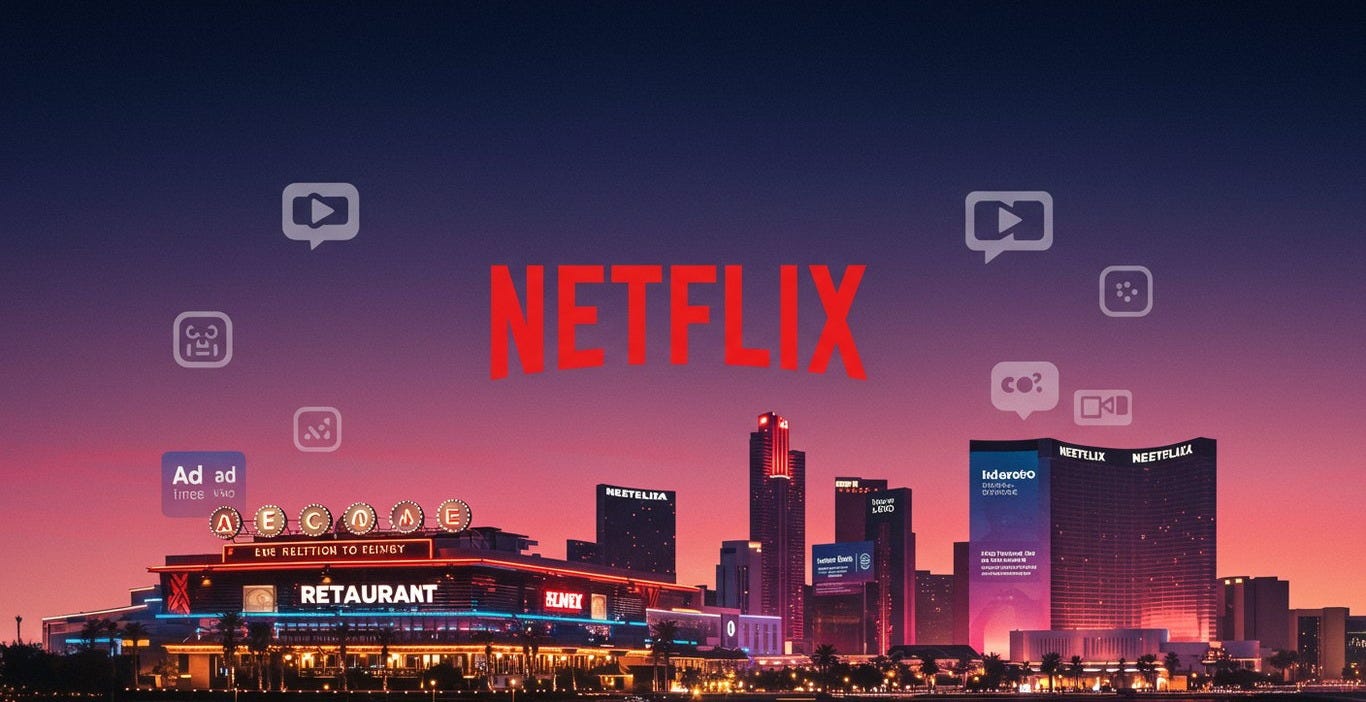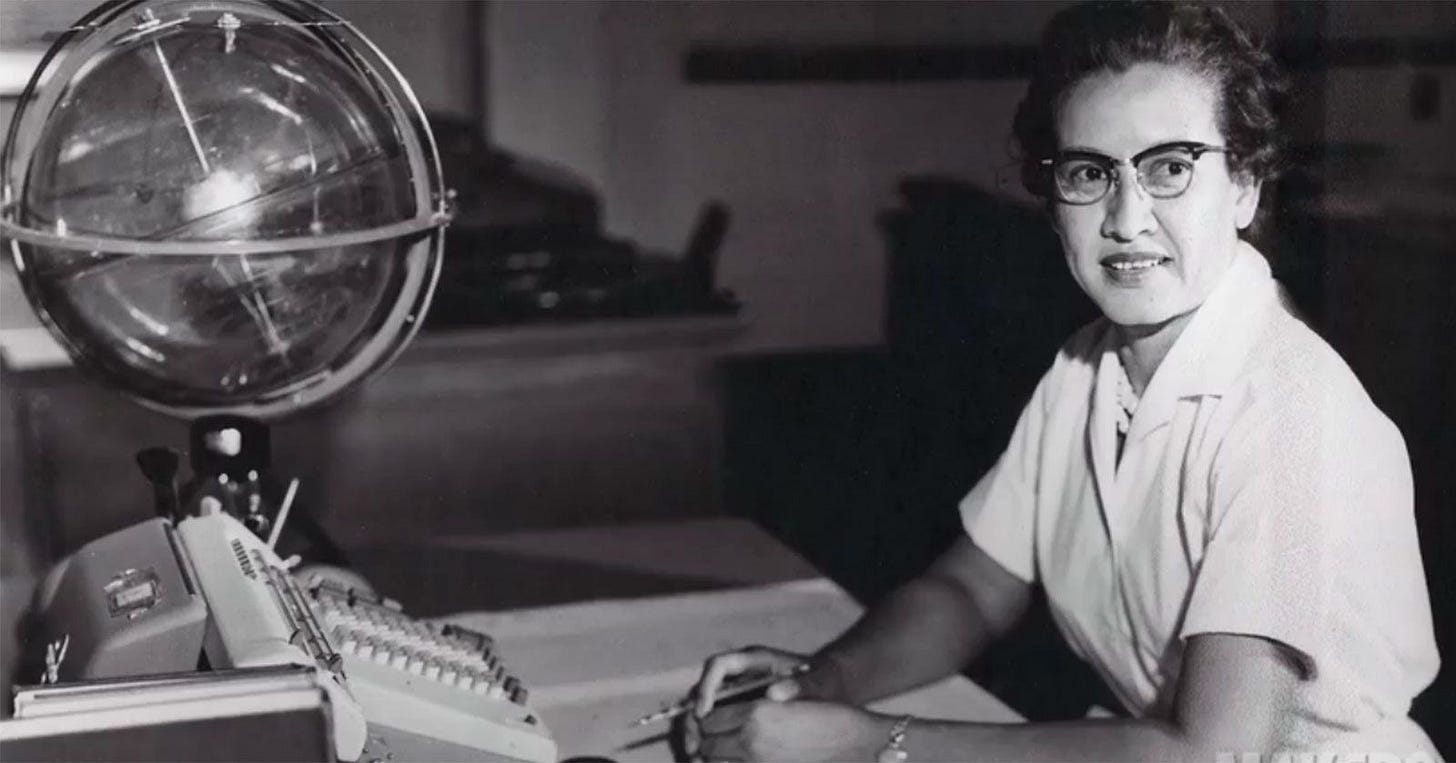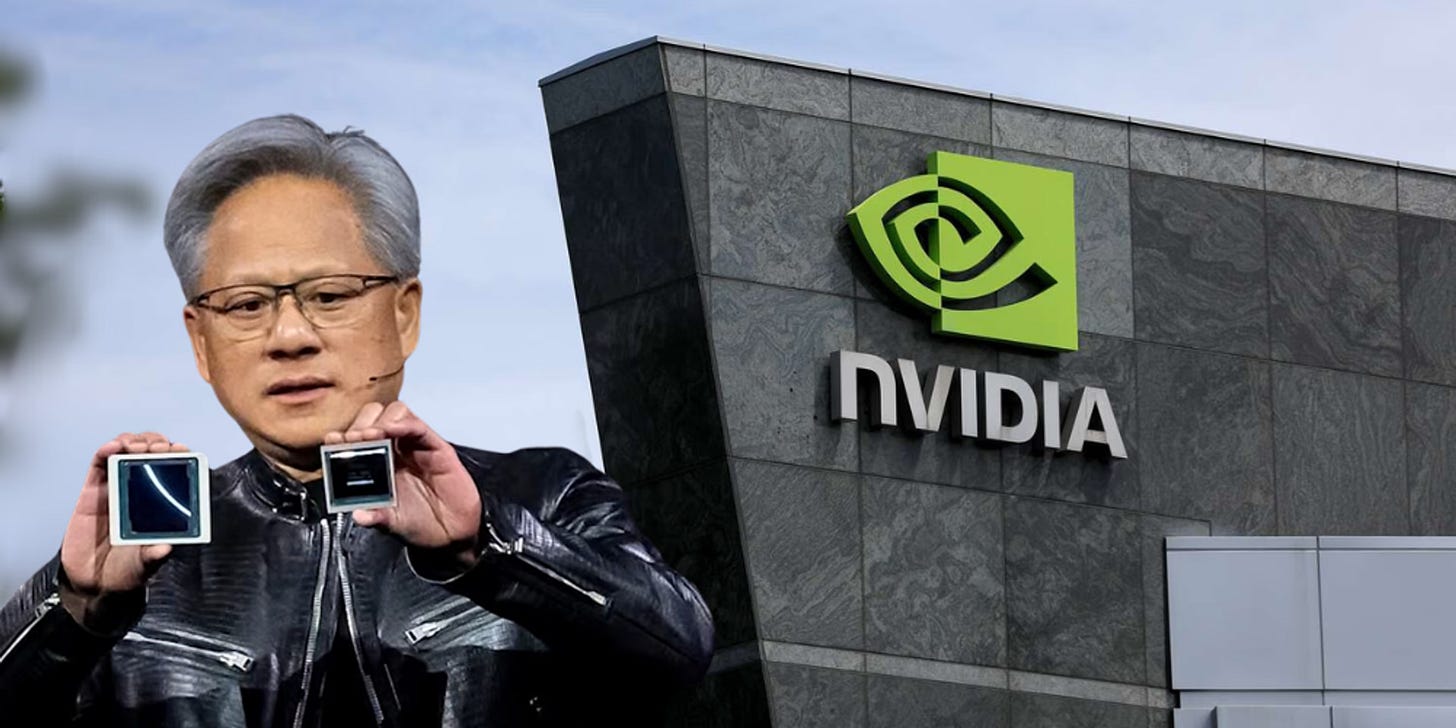Engineering Mindset - Cultivating Lifelong Learning and Adaptability
To thrive, treat learning as a continuous process, not a milestone.
The world of engineering and technology is evolving faster than ever. New tools, frameworks, regulations, and breakthroughs appear with dizzying speed. The last, and perhaps most vital step in the engineering mindset is to embrace lifelong learning and adaptability, ensuring you remain effective, curious, and ahead of the curve.
The Importance of Lifelong Learning and Adaptability
Gone are the days when an engineer could master a handful of technologies and coast for decades. Today’s most valued professionals are those who stay curious, constantly upgrade their skills, and respond nimbly to change.
Continuous Learning keeps you relevant, whether you’re shifting from mechanical engineering to automation, picking up a new programming language, or decoding the latest breakthroughs in quantum computing.
Adaptability means harnessing change rather than resisting it, turning uncertainty into opportunity.
Learning and Adaptability in Action
Satya Nadella
Revitalizing Microsoft Through Learning
When Satya Nadella became CEO of Microsoft, he didn’t just introduce new products, he championed a culture of growth mindset and relentless learning. Nadella encouraged employees to “be learn-it-alls, not know-it-alls.” Microsoft pivoted from stagnation to innovation, revamping its cloud strategy, embracing open source, and doubling down on AI, all because Nadella prioritized continuous adaptation and curiosity.
Ada Lovelace
The First Computer Programmer and Lifelong Student
Ada Lovelace (1815–1852) never saw a computer in her lifetime, but her deep curiosity and interdisciplinary hunger led her to study mathematics, logic, poetry, and mechanical engineering. Her notes on Charles Babbage’s Analytical Engine inspired future generations, proof that relentless learning can leave a legacy lasting centuries.
Read more about her on Wikipedia
Toyota
The Birth of Continuous Improvement (Kaizen)
Toyota’s success isn’t rooted in a single invention, it’s built on Kaizen, a culture of continuous learning and small, consistent improvements. Every worker on the factory floor is empowered to stop the production line and suggest enhancements. This mindset transformed Toyota from a struggling textile business into one of the most respected engineering and manufacturing giants. Their lesson is simple: learning is daily, and improvement never ends.
Learn more about The Toyota Way
Netflix
Reinventing Itself Before the Market Forced It
Netflix began as a DVD-by-mail service. Instead of protecting their original model, leadership constantly asked, “If we were starting today, how would we build this?” This question helped Netflix pivot
from DVDs → to streaming,
from streaming → to original content,
now from entertainment → to gaming and interactive media.
Their story shows adaptability isn’t a reaction, it’s a mindset of constant re-evaluation and re-education.
Read more about Netflix Transition
Katherine Johnson
Computing the Impossible
NASA mathematician Katherine Johnson taught herself advanced geometry, orbital mechanics, and computing techniques, long before these fields had formal playbooks. During the Apollo missions, astronauts would not fly unless Johnson confirmed the trajectory calculations. Her willingness to learn new systems (including early Fortran programming) was the difference between mission failure and humanity walking on the moon.
NVIDIA
From Gaming Chips to AI Powerhouse
NVIDIA started as a graphics chip company for gamers. But CEO Jensen Huang saw the future of computing shifting. Instead of staying in the gaming lane, NVIDIA re-learned and re-engineered itself into an AI computing leader. Today NVIDIA GPUs power self-driving cars, ChatGPT-scale models, hospital diagnostics, and scientific research. Their transformation is a masterclass in re-training your organization before reality forces you to.
Learn more about Nvidia’s AI Revolution
These are just a few from hundreds of such stories, these stories show that adaptability isn’t luck, it’s a habit. The people and organizations that thrive are the ones who treat learning as a continuous process, not a milestone. In engineering, as in life, growth belongs to the curious.
Strategies for Habit Formation Around Learning and Curiosity
Pick Micro-Habits
Read one technical article daily or weekly (morning routine or during commute).
Watch a TED talk, webinar, or YouTube tutorial every Friday.
Try a new tool or coding challenge once a week.
Curiosity Journaling
Keep a journal; each day jot down one question or concept you want to understand better.
Revisit older entries monthly and reflect on new insights or connections.
Peer Learning or Mentorship
Join online communities, local meetups, or professional groups.
Teach what you learn, explaining concepts to others cements your mastery.
Embrace Failure as a Teacher
Document mistakes, bugs, or failed experiments as valuable data.
Share your failures with trusted peers, normalize iterative growth.
Designate “Learning Hours”
Block off one hour per week dedicated to learning, free from distractions.
Rotate topics, new tools, industry trends, cross-disciplinary knowledge, soft skills.
Build a Lifelong Learning System
Set a Weekly or Daily Learning Goal - One article every night, one podcast every weekend.
Track Progress - Use digital tools (Notion, Google Keep, Trello) or a simple notebook to record what you learn and questions you want to explore.
Share and Review - Create a small “Learning Circle”, share a favorite insight or challenge each week.
Reflect Frequently - Quarterly, ask: What new skills have I gained? What am I excited to learn next?
Conclusion
Lifelong learning and adaptability are not just buzzwords, they’re the secret to sustained success in modern engineering. By nurturing small, consistent habits, curiosity, and the courage to try new things, you convert change from a threat into a launchpad.
The next time you find yourself stuck, overwhelmed, or on the edge of a new technology, remember! your engineering mindset thrives on discovery. Seek out new knowledge, adapt, and keep building a future that’s always one step ahead.



